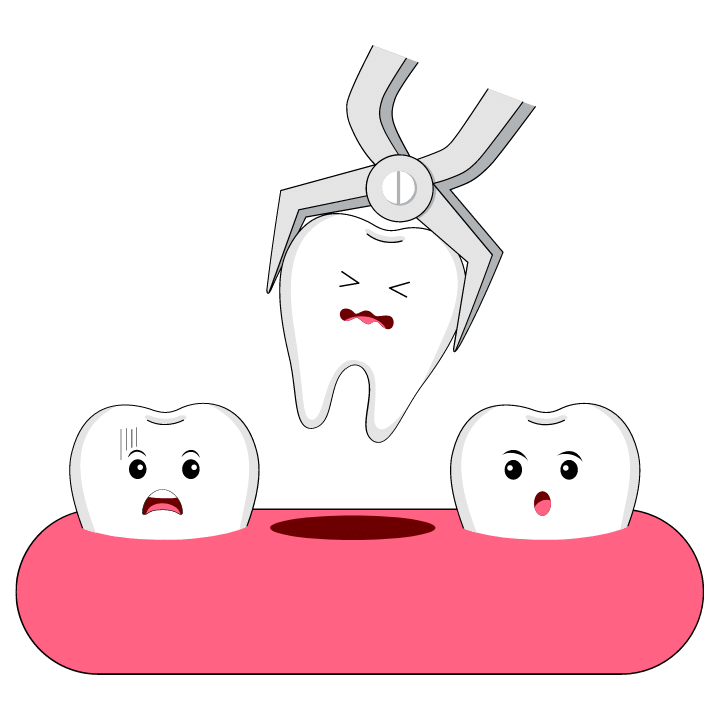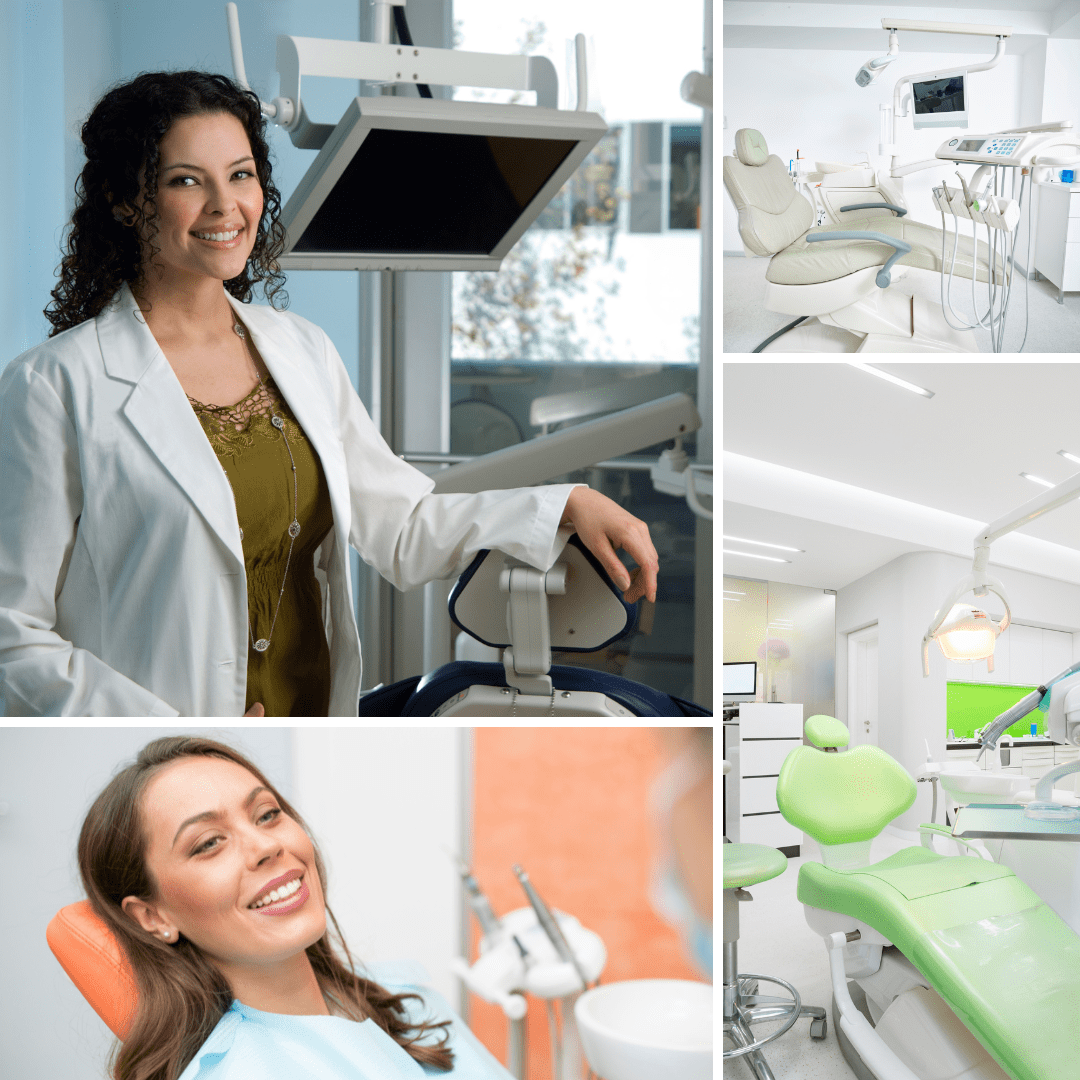Proven treatments. Natural results. See for yourself…
When a tooth is extracted, it is taken out of your mouth by a dentist. When a tooth cannot be repaired because it is broken, decaying, or crowded, this is typically done. The tooth will be removed from your jawbone using specialised tools after the dentist has given you information on how to care for the area.
A local anaesthetic is typically used during tooth extractions to numb the area and lessen pain. During the operation, you can feel some pressure or discomfort, but it shouldn't hurt. You can feel some discomfort or soreness after the treatment, but your dentist can give you painkillers to alleviate it.
Sedation dentistry is an alternative for people who are nervous about having several teeth extracted because they will be asleep during the treatment and won't remember anything.
The length of recovery depends on the patient and how difficult the extraction was. An extraction often requires a few days to a week to recuperate from. On how to take care of the extraction site and what to anticipate during the recovery time, we will give guidance.
It is advised to wait at least an hour before eating or drinking anything after the operation. After that, you can begin eating soft, chilled foods and progressively move on to more substantial ones as you get used to them. Foods that are firm or sticky should be avoided since they may disrupt the extraction site.
Although tooth extraction is typically a safe and common treatment, there are some potential dangers, including bleeding, infection, and harm to the teeth or tissues nearby. Your dentist will go over the dangers with you and take preventative measures to reduce them.
Your dentist might suggest replacing the extracted tooth with a dental implant, bridge, or denture if it is noticeable when you smile or impairs your ability to chew or speak. However, it might not be essential to replace the excised tooth if it was a wisdom teeth or other non-visible tooth.
Click here to learn more about the dangers of not having your teeth replaced.
When it comes to tooth extraction, we understand that it is often a last resort. However, there are situations where it becomes necessary to address advanced decay, infection, or a tooth that cannot be saved.
If you are in pain and require immediate extraction, need to have a wisdom tooth removed, or seek a second opinion regarding a recommended tooth extraction, our dedicated team is here to support you. You can easily schedule an appointment through our convenient online booking system or reach us directly at the provided phone number.
Rest assured that our skilled professionals will provide the necessary care and guidance throughout the tooth extraction process. We prioritize your comfort and well-being, ensuring a smooth and successful procedure. Don’t hesitate to reach out and take the first step toward resolving your dental concerns.

To ascertain whether an extraction is genuinely the best option for your dental health and long-term wellbeing, it is imperative to get a professional diagnosis. In the following situations, tooth removal may be suggested:
Wisdom teeth could cause discomfort or crowding if they are present or if they grow in the future.
A tooth that is severely decaying or irreparably broken may need to be extracted.
Tooth extraction may be required when an oral infection causes bone loss.









Dentx Dental proudly welcomes Dr. Silpa Kastala, DDS to offer her expert care and affordable services.
dentxdental@outlook.com
602-861-3700
Take the first step towards a healthier and brighter smile by reaching out to us without delay.
Copyright ©2025 Dentx Dental Clinic All Rights Reserved